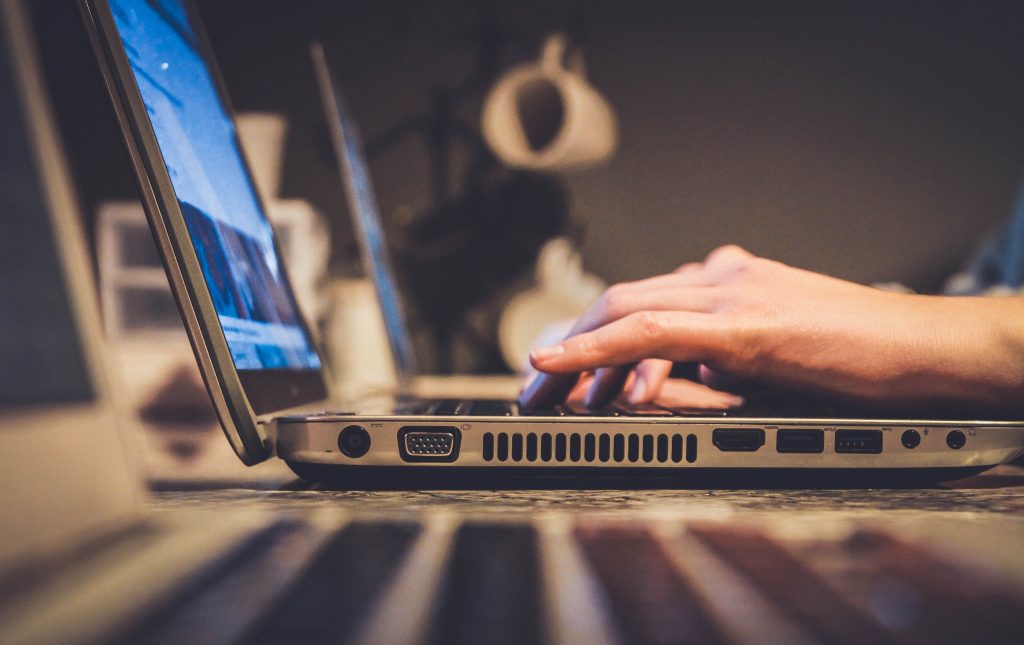
In today’s technology, the internet is a golden key for you to access millions of contents online. Nowadays the internet became convenient as many of us are busying using to transfer and store personal data onto the cloud storage. Well, is storing personal information online 100% safe? The answer is no. Many of us wouldn’t aware of the importance of internet privacy unless our personal information getting stolen by online hackers. This would be a serious matter because a piece of personal data leaks online can destroy your future. Therefore, here we are going to share with you the 7 smart ways to help protect your personal information online.
Also Read: Facebook to Acquire GIF-giant Giphy in A Major Tech Buy-Out
Create a Strong and Secure Password
Do you know that criminals are getting smarter to guess your online account password? Especially when your password length is too short. The key aspects of a strong and unique password come with a mixture of upper and lower cases, numbers, and symbols. It should not tie to your personal information such as birthday, identification number, passport, or mobile number. We would suggest you to use a password generator app to generate a strong, secure and unique password for your needs. Do note that you need to change your password often too.
Also Read: INDIA’S OWN VIDEO CONFERENCING TOOL SAY NAMASTE GIVES A STRONG COMPETITION TO ZOOM
Set up Multi-Factor Authentication
Multi-Factor authentication act as a double layer of security that designed to ensure you are the right person who can access your account. Even when you enter a correct password, you will still need to enter an authentication code or a one-time password (OTP) in order to fully access your personal information. Although the multi-Factor authentication may seem a little troublesome but it is one of the best ways to protect your personal information online. This popular security tool is also commonly used in many offline places such as shopping malls or attraction areas whereby it involves e-wallet payment. Regardless you are doing personal or business transactions online, this feature will give you a safe and secure sensation at all-time.
Also Read: The 45-years old Japanese cartoon will start rerunning its episodes due to the COVID-19 crisis
Close Unused Accounts
Some of us are using the same email address, password, banking details throughout all online accounts. Imagine hackers are smart enough to hack your unused account email address and password and duplicated it onto your existing accounts. That’s it, your online account is hacked. It is a good practice to close all your unused accounts to prevent such unnecessary moment to happen. By closing unused online accounts, it also helps to reduce your chances of personal data being leak online.
Also Read: Musk Threatens to Move His Production Center Out of Fremont
Keep your device software up-to-date regularly
If your device prompts you for software updates, you better do it immediately! This process allows you to get the latest security updates as well as to improve the functionality of the device. It may sound time-consuming but it assures you to kick-off hackers on your devices. Be mindful that the update includes your operating system and antivirus software.
Do not use Public WIFI Connection
Public WIFI is also well-known as shared WIFI among the communities. Anyone can connect to public WIFI and access to the internet freely. We do not recommend any online transactions if your device is connected to a Public WIFI connection Reason because most of the Public WIFI connection is not encrypted. This means that there is a risk of people spying on your online activity based on your IP address. Please make sure your device’s antivirus and firewall are turned on at all-time.
Also Read: Harald Hass- German Professor who coined the new Li-Fi technology
The alternative best way is to connect your device with a VPN (Virtual Private Network). This helps to double-up your online privacy protection. How does it work? VPN creates a secure connection through using a proxy to hide your real IP address and keep your online activity private.
Do not click on Suspicious Email and Links
Do not fall on hacker tricks! There are many ways hackers can attack you online and the most common way is through a phishing email. This type of email usually comes with a promotional link that will bring you to a fake web page. Do note that hackers can create a web page 100% lookalike the original web page. Likewise, please do not key in any personal details if you think the website is fake. You can always check with the company customer support before proceeding with any actions.
